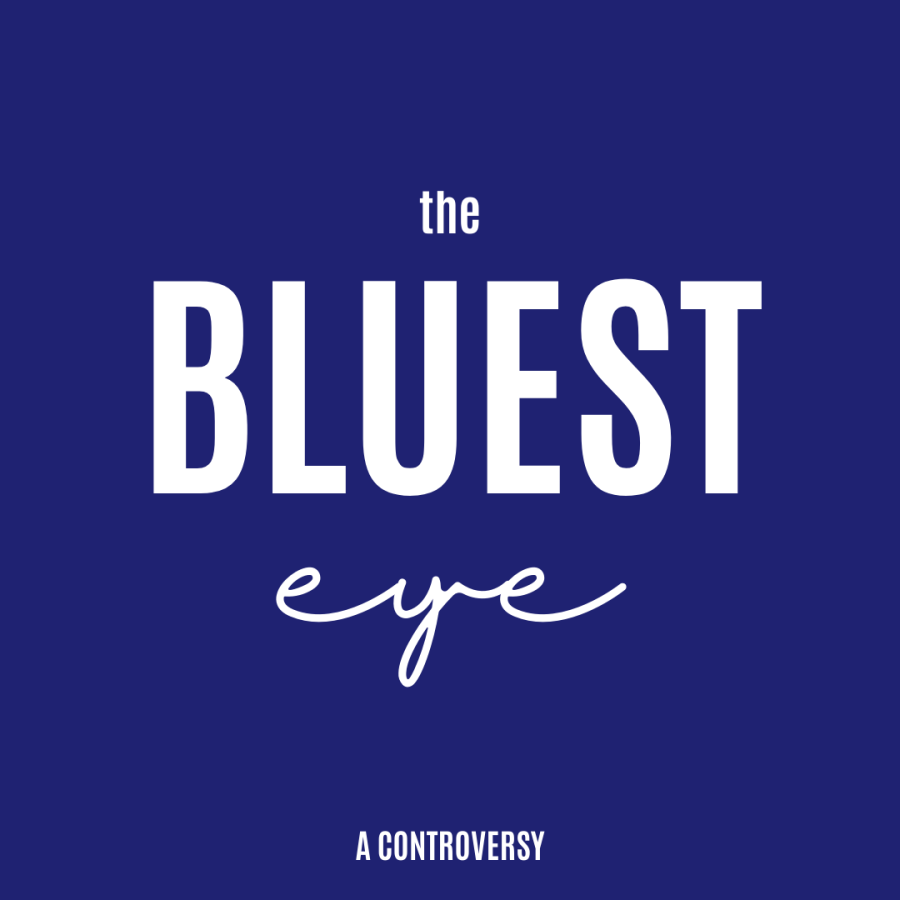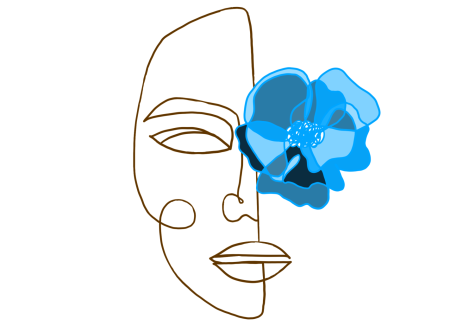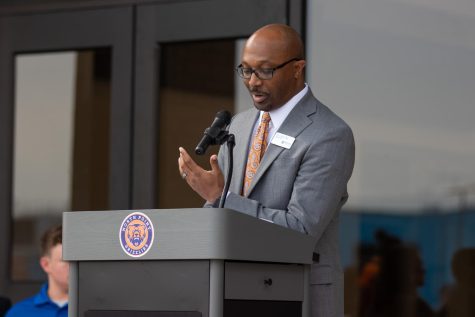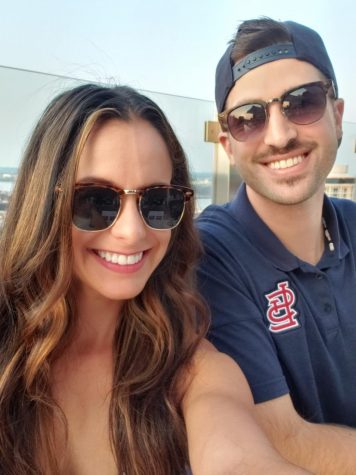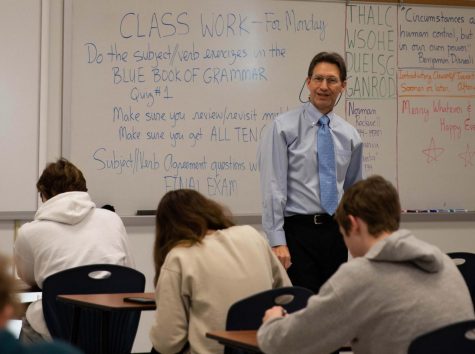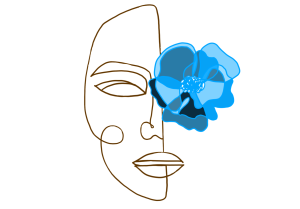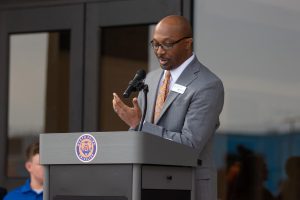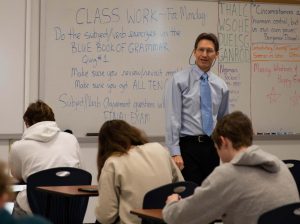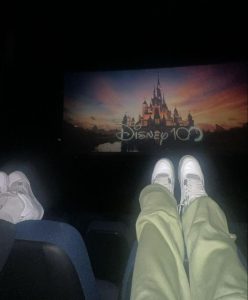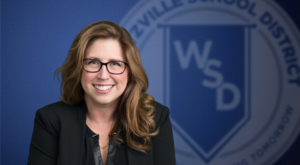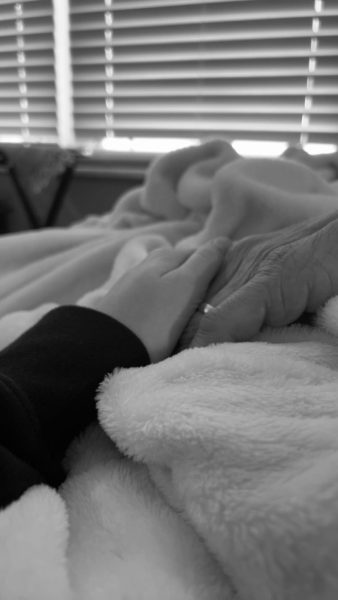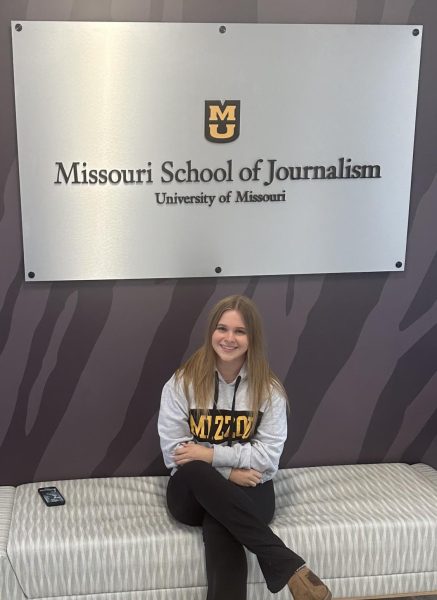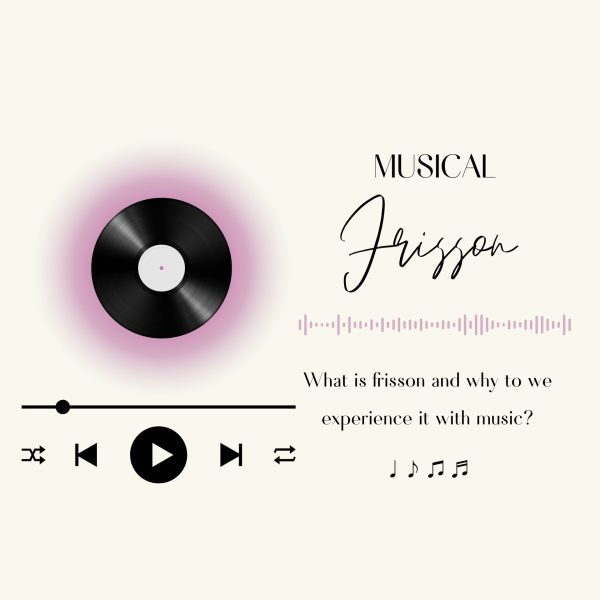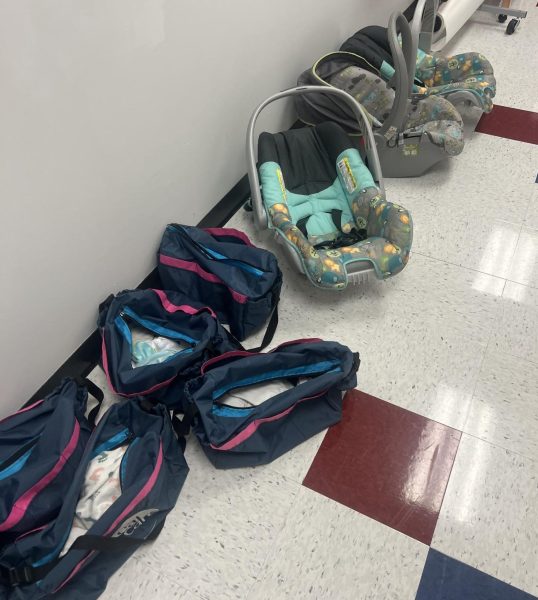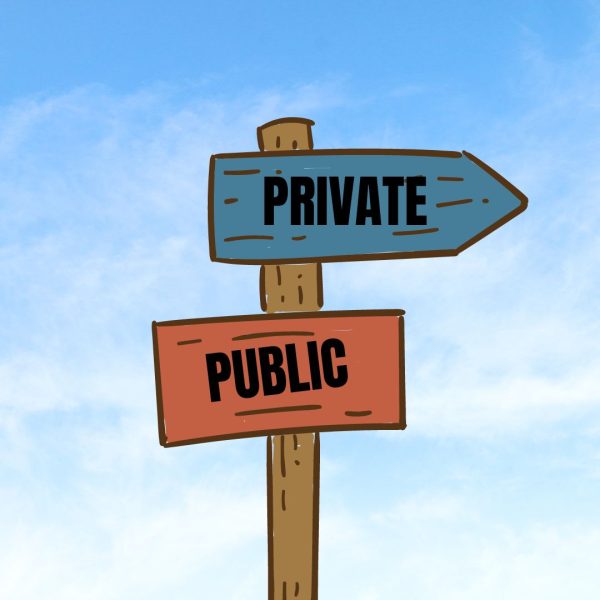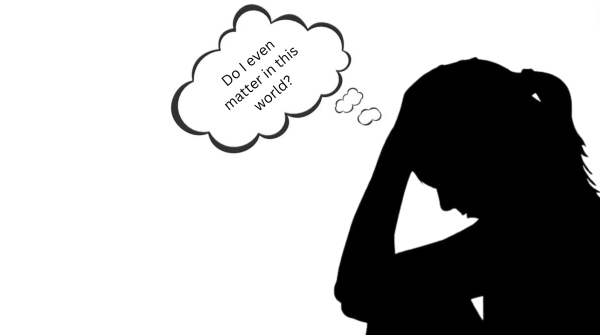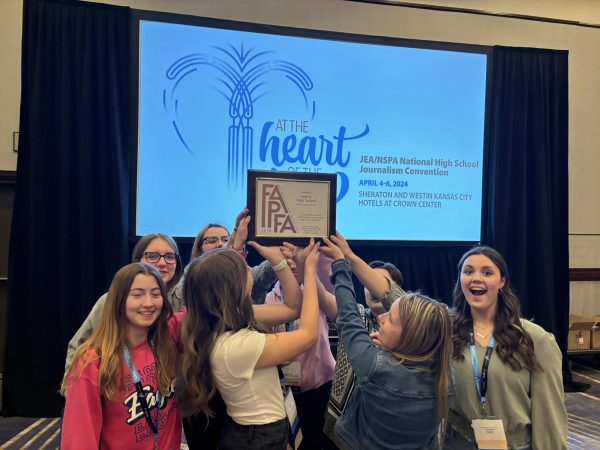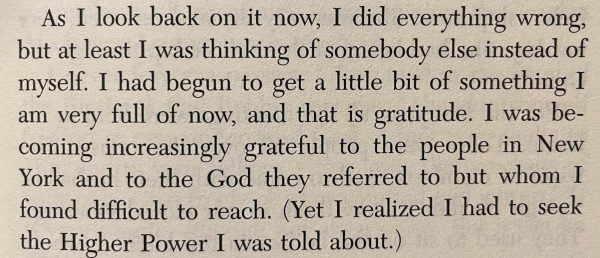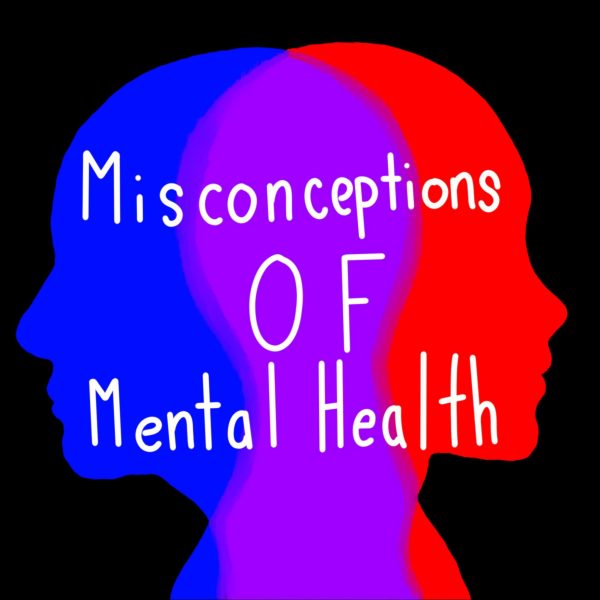The Bluest Eye: A Controversy
Banning books coule become a recurring event in the Wentzville School District
“The Bluest Eye” by Tori Morrison got banned from school libraries in the Wentzville School District.
February 1, 2022
Since the publication of “The Bluest Eye” by Tori Morrison in 1970, it has continued to be challenged in schools all across America. During the Wentzville School Board meeting held on Jan. 20, the Wentzville School District became the 11th district in the country to ban the book in school libraries.
“The Bluest Eye” takes place after the Great Depression and mentions difficult topics including sexual assault and incest, causing a lot of controversy surrounding the book.
The Wentzville School District review committee had three choices to vote on: retain the book, retain it with restrictions, or not retain the book. Through anonymous voting, 6 members voted to retain the book, one voted to retain the book with restrictions, and one voted to not retain the book; which added up to a total of 8-1 vote to retain the book.
The Board of Education then passed a motion to remove the book from all school libraries with a 4-3 vote.
Now the bigger controversy may not be the book itself, but rather the act of banning books as a whole.
Within the past several years, more and more school districts have banned books from their libraries. A common theme within these banned books is that they contain characters who represent the African American community and the LGBTQ+ community. Some of these books include, “The Hate You Give” by Angie Thomas, “This Book is Gay” by Juno Dawson, and “The Handmaid’s Tale” by Margaret Atwood.
Back in Oct. 2021, the Carroll Independent School District in Southlake, Texas administrators directed teachers to provide students with an “opposing view,” according to an NPR article. The House Bill of 3797, mandated public school teachers to teach an opposing view on current events and widely debated topics.
Removing these books from school libraries limits the diversity and representation of these communities. According to the US Census in 2020, around 46.9 million people identify themselves as African American, which accounts for roughly 14.4% of the population in the United States. An additional 11.34 million adults identify as a part of the LGBTQ+, according to a 2020 UCLA study.
Currently, the ACLU (American Civil Liberties Union) of Missouri is willing to sue Wentzville School District for banning the book. Tony Rothert, the director of integrated advocacy at the ACLU, stated that removing the book is “… a serious First Amendment violation,” according to a Saint Louis Post-Dispatch article.
History can be graphic, and even then, it needs to be taught.


